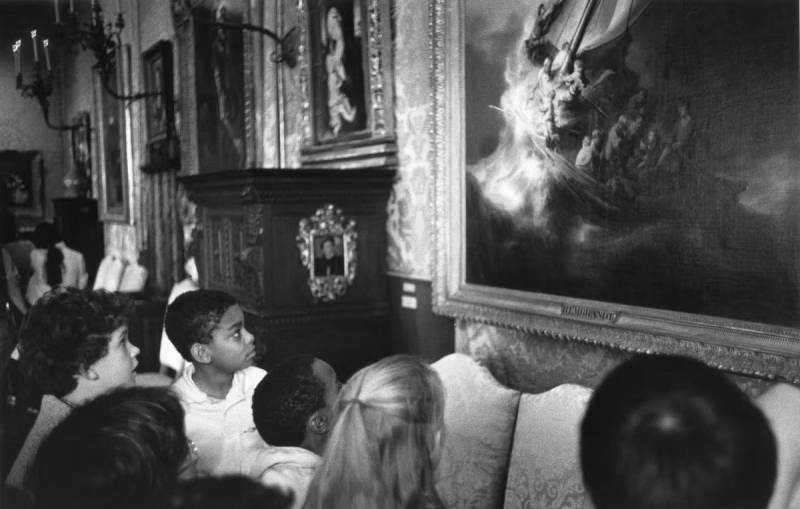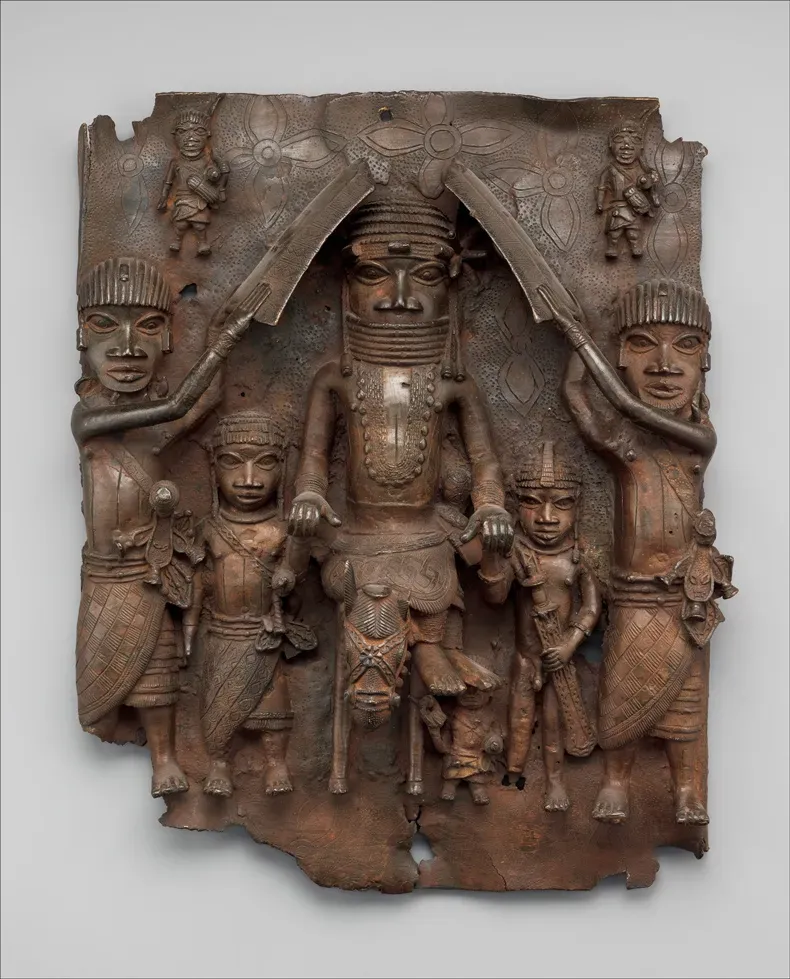One year ago, Rema did what few Nigerian artists dare to do: he disrupted his own success story. Known globally for the lush, melodic energy of Rave & Roses, he seemed settled in his sonic lane, a young prince of Afrobeats delivering hits like “Calm Down” that conquered charts from Lagos to Los Angeles. But with the release of HEIS, Rema made it clear he had no intention of playing it safe. HEIS was not just an album; it was a rupture, a chaotic, confrontational, and brilliant declaration that Rema was not bound by genre or expectation. Where Rave & Roses lulled listeners with its romantic charm, HEIS dropped like a thunderclap. Dark, dystopian, and charged with experimental drums and haunting laughter, it caught even the most devoted fans off guard. Yet, for those paying attention to Rema’s trajectory, the shift wasn’t entirely surprising. Beneath the soft harmonies of his earlier work, there was always a simmering restlessness.
Rema’s career has been a study in contrast from the beginning. Born Divine Ikubor, he emerged not from the predictable Lagos hustle but from Benin City, a place often overshadowed in Nigeria’s entertainment narrative. His rise through Mavin Records wasn’t just a stroke of luck; it was a masterclass in talent meeting opportunity. From freestyling on Instagram to international stages, Rema built his brand with a mixture of mystery and youthful confidence. But as the world branded him an Afrobeats superstar, Rema quietly chafed at the label.

'HEIS' Album Anniversary Special

Related article - Uphorial Podcast

HEIS became his rebellion. In interviews leading up to the album’s release, he spoke of exploring his “inner chaos.” The album’s heavy sonic textures and menacing undertones were not crafted for commercial appeal; they were a form of catharsis. He wasn’t chasing radio hits; he was expressing himself. Tracks like “DND” and “Red Potion” aren’t built to charm; they’re built to challenge. Yet, in doing what felt honest, Rema unlocked a new level of artistry. The album didn’t just resonate with his existing fans; it drew in a wider audience that saw beyond the Afrobeats label. The Grammy nomination was proof, not just of success, but of global recognition of his evolution.
Over the past year, Rema’s live performances have also transformed. Gone is the strictly Afrobeats popstar persona. In its place stands an artist fully embracing his darker, more theatrical side. His shows now feel like immersive experiences: smoke, flashing strobes, and an intensity that holds the crowd captive. He isn’t performing for approval; he’s creating moments. But what HEIS truly represents is personal freedom. For Rema, the project was more than music; it was liberation from expectations. He stepped away from being just a hitmaker and claimed his space as a true creative, unafraid to alienate some listeners to remain true to himself.
And yet, despite the boldness of HEIS, Rema’s humility persists. In interviews, he reflects thoughtfully on the past year, grateful for the global acclaim but still hungry, still searching. He speaks not like someone who has arrived, but like someone who knows the journey matters more than the destination. As HEIS marks its first anniversary, fans and critics alike recognize the album for what it is: a pivotal moment in Rema’s career. It redefined him. It challenged the Afrobeats industry’s sonic boundaries. And it reminded everyone that behind the cool kid persona is a complex artist willing to bet everything on authenticity. In the end, HEIS wasn’t made to comfort; it was made to awaken. And one year later, it’s clear: Rema didn’t just change his sound. He changed the game.



